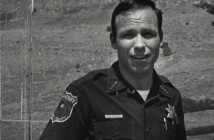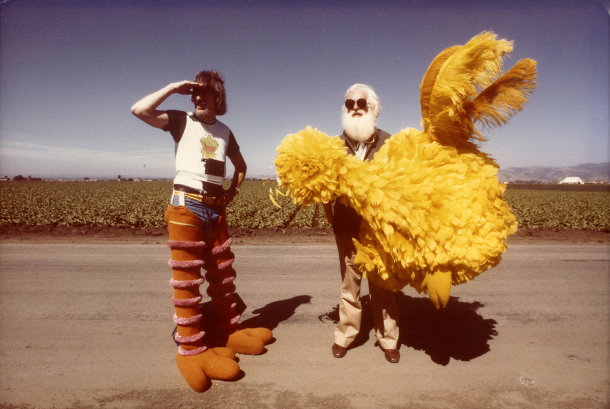Dir. Martin Scorsese
United States
113 Minutes
1976
If the quality of a work of art is measured in part by the degree to which it transcends its medium, then, even against the context of 35 years of admiration, Martin Scorsese’s widely beloved Taxi Driver may actually qualify as under-appreciated. It’s a seemingly absurd notion, but consider the dramatic divergence in fortunes between the original negative – the film’s literal medium – and the images and ideas contained thereon. While the original elements have deteriorated to such an extent that Sony Pictures required over a year to achieve a lavish 4K restoration, in terms of cultural significance and thematic resonance, Taxi Driver hasn’t aged a day. A peerless portrait of urban alienation and self-aggrandizing violence – what screenwriter Paul Schrader terms “a very American pathology” – the film is as urgently relevant today as in 1976. Its protagonist, Travis Bickle, not only serves as the basis of one of the finest and most iconic performances in American cinema, but is also both descendent and progenitor in a tragic and very real lineage of disaffected, deranged, and deadly young men. From Arthur Bremer, to John Hinckley Jr., to Jared Loughner in 2011, the bitterly disenfranchised Bickle, embodied so indelibly by Robert De Niro, both echoes and prefigures a virulent legacy.
That Taxi Driver evokes this pathology with such vivid immediacy is the source of its enduring magnetism. Outwardly, the film is unmistakable as the product of decadent, mid-70s Manhattan, but its actual perspective is fixed less in any physical reality than within its protagonist’s psyche. In turn, its timelessness stems from the intimacy with which it illuminates a mindset that is at once alarming and repellant, but also relatable and authentic. While it’s difficult to overstate the credibility of De Niro’s portrayal, the contributions of Schrader and Scorsese are equally fundamental, and both have become touchstones of their respective crafts. Schrader’s screenplay is manifestly personal, and in addition to its taut, foreboding structure, conveys a rare, empathetic insight. Scorsese’s direction, meanwhile, provides the first true demonstration of his mastery. Each composition, each cut, each dolly, track and pan, all are skillfully harnessed to emphasize Bickle’s estrangement. Through Scorsese’s brilliant subtlety of framing, even Bickle’s face-to-face conversations serve to silently reinforce our sense of his isolation. Though less audacious, stylistically, than certain later efforts, Taxi Driver, without doubt, marks the full fruition of his directorial talent.
Such are the achievements of its principal collaborators that lesser supporting performers would be diminished by comparison, but the film’s cast is uniformly excellent. Jody Foster, most notably, is supremely precocious, holding her own, at the age of 12, against De Niro at the height of his powers. Cybill Shepherd fully sells her tentative attraction to Bickle, while Albert Brooks and Harvey Keitel punctuate their brief appearances with sardonic charm and sleazy charisma, respectively. Bernard Hermann, too, deserves special mention for his terrific final score, which is hugely evocative of both melancholy and menace. In addition to accenting Bickle’s consuming loneliness and mental discord, Hermann’s compositions lend the film an explicitly anachronistic element of noir, further cementing Taxi Driver as a film out of time. A consummate cinematic triumph, Sony has tapped the remastered transfer for a belated Blu-ray debut. It’s a suitably comprehensive edition, and would even be tempting to describe as ‘definitive’, if not for the certainty that the film’s relevance will endure beyond any foreseeable form of media.
[notification type=”star”]100/100 - If the quality of a work of art is measured in part by the degree to which it transcends its medium, then, even against the context of 35 years of admiration, Martin Scorsese’s widely beloved Taxi Driver may actually qualify as under-appreciated.[/notification]




